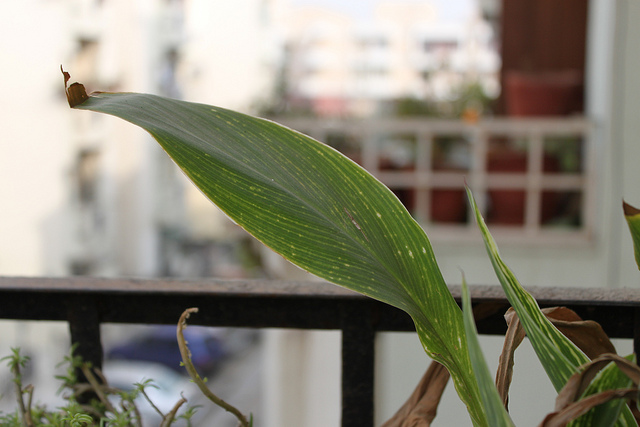 I was talking with a colleague about optimism lately – he commented that he tends to see the worst case scenarios for each new situation. I said I thought optimism is a learned skill.
I was talking with a colleague about optimism lately – he commented that he tends to see the worst case scenarios for each new situation. I said I thought optimism is a learned skill.
We were working on a piece of software together and got stuck – we could not see a way to make it work, to accomplish our goals. Right now this is a key piece of software for our company, since the way it is made currently made limits our growth. Our job was to undo this limitation. But we got stuck and couldn’t see a way out.
We were both dissatisfied by this – unhappy with the current mess we were in and unhappy with our limited ability to untangle it. My friend was sad about this and pessimistic about the outcome. But he was also mad, and his anger had dignity – he wanted things to be better, which is a great strength. The fact he was expressing his anger let me feel my frustration and anger too.
I was frustrated, but I was also excited. I thought we were about to learn something new and cool. That often happens when we get stuck, especially in software. One of the essential characteristics of software development is that we are always at a growth edge, working on unknown problems that stretch us. Once we solve a problem, if we encounter a similar one, we can just copy the solution. Hence we’re always working on new things.
So frustration often feels like dignity energy to me – being mad can give us the energy to overcome our ignorance and create something new.
And indeed that was what happened – we went home for the night letting our subconscious minds work on the problem, and in the morning came in and asked for help. The clues came from several people – one person taught us a lot about the design of the software, so we could have a larger vision, and two others helped us narrow our problem down and understand precisely what our company needed from us. And then we were able to find an elegant solution.
The mess and frustration did lead to a breakthrough.
So what exactly is optimism? I looked it up in Seligman and Peterson’s Handbook of Character Strengths and Virtues, my main reference for Positive-Psychology-based personal growth. Optimism is a virtue of Transcendence, closely allied with hope. It seems to have several components:
- goals – approaching life in a goal-oriented way
- pathways – goal planning, being able to imagine routes to reach the goals
- agency – goal motivation, being motivated to achieve goals
In other words, hope was defined as the perceived capability to derive pathways to desired goals and motivate oneself via agency thinking to use those pathways…
[I]ndividuals who are able to realize these three components and develop a belief in their ability are hopeful people who can establish clear goals, imagine multiple workable pathways toward those goals, and persevere, even when obstacles get in their way. (Hope on Wikipedia)
Unfortunately Seligman and Peterson say science doesn’t know how to teach or grow optimism. (Update: Actually Seligman has done a lot of scientific study on teaching optimism.) But I think we can. So how do we do it? Here are some things that work for me:
- Inviting it in (for instance with the Personal Alignment Protocol or with prayer)
- Keeping a Gratitude Journal
- Working on a team with other optimists
- Meditating regularly
- Seeing an optimistic body-centered therapist regularly (someone who is oriented on experiential, present-moment learning)
The first two are things you can practice. Practice is a way to invite things into your life, to give them space. My friend and mentor Jim McCarthy says about inviting, “A want is a baby have.”
The third one is about getting to know yourself better, getting to know other people better, developing intimacy, and letting their qualities and strengths rub off on you. And the last two, meditating and seeing a therapist, are both practices and ways of being intimate with yourself. They let your own inner strengths shine out, which I find helps me be more resilient and hopeful about life. Optionally if you like reading, learning about positive psychology (the science of psychological wellness) can give you a bigger picture. I’ll write more about positive psychology here soon.
But how do those things work? That’s a topic for another blog post. Or maybe the how doesn’t matter. If you want more optimism, I invite you to try some of these out. And if you have other things that work for you, I’d like to hear about them.
